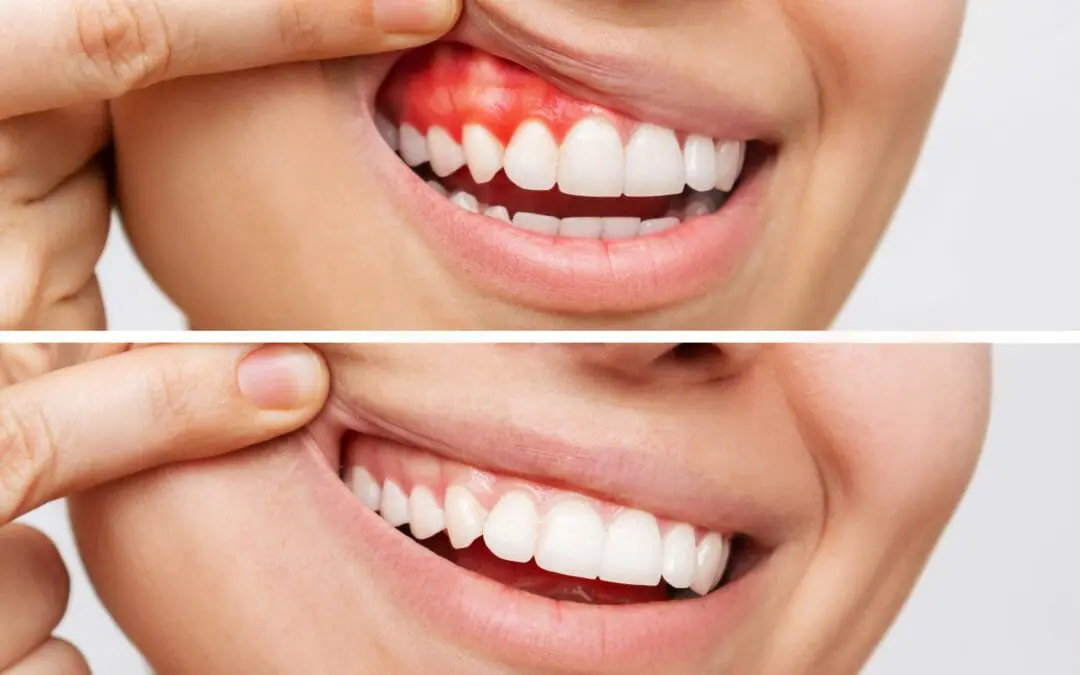General Dentistry
Gum Disease Treatment (Periodontal Therapy)

Gum Disease Treatment: Restoring Your Gum Health
At Crystal Cusp Dental Clinic, we understand the importance of healthy gums in maintaining a beautiful and functional smile. Our experienced dentists are dedicated to providing effective gum disease treatment to restore your gum health and prevent further complications.
What is Gum Disease?
Gum disease, also known as periodontal disease, is a bacterial infection that affects the gums and bone supporting the teeth. It's a common condition that can cause inflammation, bleeding, and eventual tooth loss if left untreated.
Causes of Gum Disease
1. Poor Oral Hygiene: Inadequate brushing and flossing can lead to plaque buildup, causing gum disease.
2. Genetics: Some people may be more prone to gum disease due to genetic factors.
3. Smoking: Smoking can increase the risk of gum disease and make treatment more challenging.
4. Hormonal Changes: Hormonal fluctuations during pregnancy or menopause can increase the risk of gum disease.
Symptoms of Gum Disease
1. Bleeding Gums: Gums that bleed easily when brushing or flossing.
2. Swollen Gums: Gums that are red, swollen, or tender.
3. Bad Breath: Persistent bad breath or bad taste.
4. Loose Teeth: Teeth that feel loose or are shifting.
Treatment Options
1. Scaling and Root Planing: A deep cleaning procedure to remove plaque and tartar from below the gum line.
2. Gum Surgery: Surgical procedures to repair damaged gums and bone.
3. Laser Therapy: A minimally invasive treatment to reduce pocket depth and promote healing.
Benefits of Treatment
1. Healthy Gums: Treatment can help restore healthy gums and prevent further complications.
2. Fresh Breath: Treatment can help eliminate bad breath and improve oral hygiene.
3. Save Teeth: Treatment can help save teeth that are at risk of being lost due to gum disease.
FAQs
1. Q: Can gum disease be cured?
A: While gum disease can't be cured, it can be managed and treated with proper care and maintenance.
2. Q: How can I prevent gum disease?
A: Practice good oral hygiene, including regular brushing and flossing, and visit your dentist regularly.
3. Q: Is gum disease treatment painful?
A: Our dentists use local anesthesia and other comfort measures to minimize discomfort during treatment.
4. Q: Can I still lose teeth even with treatment?
A: While treatment can help save teeth, some teeth may still be lost if the disease is advanced.
5. Q: How long does treatment take?
A: Treatment time varies depending on the severity of the disease and the type of treatment needed.
6. Q: Can I still get gum disease if I have good oral hygiene?
A: Yes, even with good oral hygiene, you can still develop gum disease if you have other risk factors, such as genetics or smoking.
